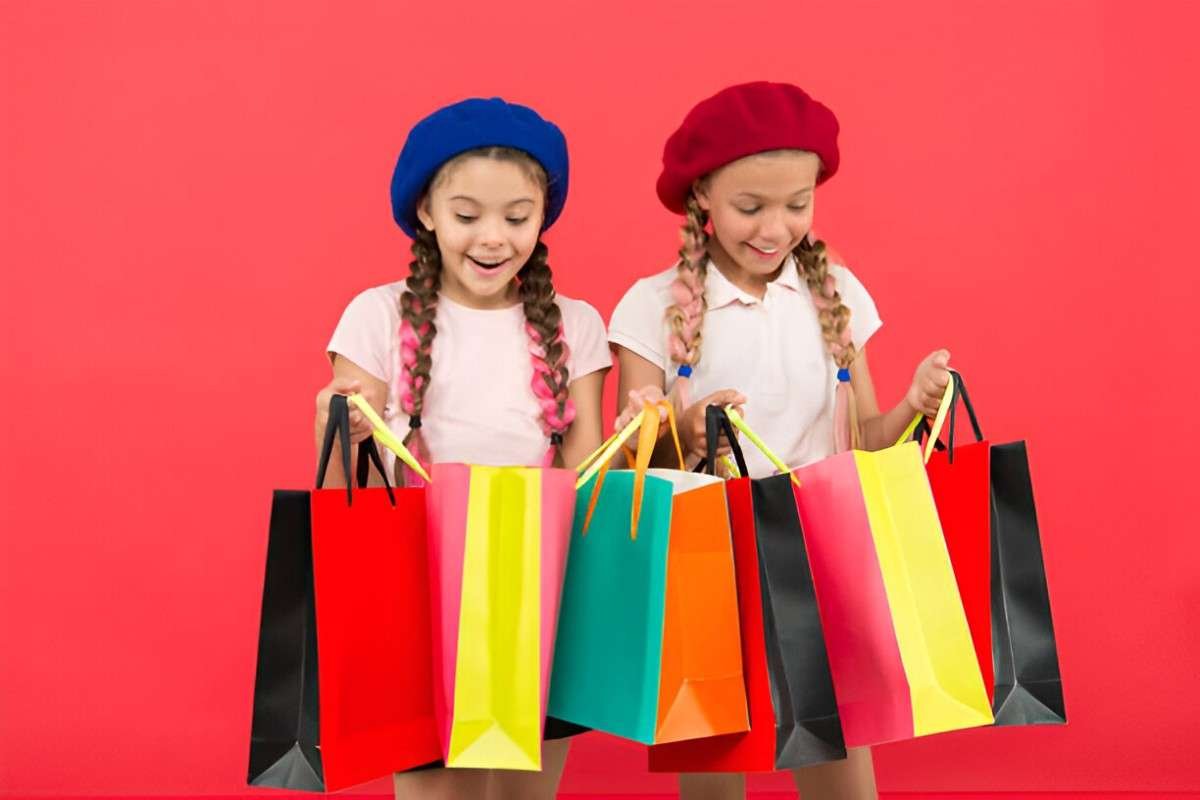Finding the right educational gift for a child takes more than just picking something that looks interesting. I consider how a gift can enhance a child’s learning while keeping them engaged. The best educational gifts support curiosity, develop critical thinking, and provide hands-on learning experiences. This guide explores the best educational gifts, categorized by age and learning type. I also compare options and illustrate concepts with practical examples.
Table of Contents
Understanding Educational Gifts
Educational gifts are tools that promote learning through play and exploration. They help develop cognitive, motor, and social skills. When I select an educational gift, I think about its purpose and how it aligns with a child’s developmental stage.
Best Educational Gifts for Toddlers (Ages 1-3)
Toddlers learn through sensory exploration. Their gifts should engage their senses, develop motor skills, and encourage early problem-solving.
| Gift Type | Example | Educational Benefit |
|---|---|---|
| Stacking Toys | Wooden stacking rings | Hand-eye coordination, size recognition |
| Shape Sorters | Shape-sorting cubes | Spatial awareness, fine motor skills |
| Musical Instruments | Baby drum set | Rhythm recognition, auditory development |
| Board Books | Touch-and-feel books | Language development, sensory exploration |
Illustration: Why Shape Sorters Work
When a toddler picks up a circular block and tries different slots, they engage in problem-solving. Their brain processes shape recognition, hand movement, and trial-and-error learning.
Best Educational Gifts for Preschoolers (Ages 3-5)
At this stage, children develop creativity, memory, and early literacy skills. The best gifts support storytelling, motor coordination, and interactive play.
| Gift Type | Example | Educational Benefit |
|---|---|---|
| Building Blocks | LEGO Duplo | Fine motor skills, creativity |
| Storytelling Games | Story Cubes | Imagination, language skills |
| Magnetic Letters | Alphabet Magnets | Early literacy, spelling practice |
| Puzzles | Jigsaw puzzles | Problem-solving, concentration |
Example: The Power of Story Cubes
When a child rolls dice with pictures and tells a story, they strengthen their cognitive flexibility. They create connections between different ideas, improving storytelling skills and vocabulary.
Best Educational Gifts for Early School Years (Ages 6-9)
Children in this age group begin structured learning. STEM kits, books, and strategy games help develop logic and problem-solving.
| Gift Type | Example | Educational Benefit |
|---|---|---|
| STEM Kits | Snap Circuits | Hands-on science, engineering concepts |
| Coding Games | Osmo Coding Kit | Logical thinking, programming skills |
| Math Board Games | Sum Swamp | Arithmetic practice, strategy development |
| DIY Science Kits | Crystal-growing kit | Chemistry, patience, observation |
Illustration: STEM Learning in Action
A Snap Circuits kit lets a child connect wires to make a working fan. This hands-on activity builds an understanding of electrical circuits in a way textbooks cannot.
Best Educational Gifts for Preteens (Ages 10-12)
At this stage, kids benefit from challenges that promote independence and critical thinking.
| Gift Type | Example | Educational Benefit |
|---|---|---|
| Advanced Coding Kits | Raspberry Pi Starter Kit | Computer science, logical thinking |
| Strategy Board Games | Chess | Strategic planning, patience |
| DIY Robotics Kits | LEGO Mindstorms | Engineering, creativity |
| Science Experiment Kits | Microscope set | Biology, observation skills |
Example: Raspberry Pi for Learning Programming
A child who starts programming with Raspberry Pi can learn Python basics by controlling LEDs and sensors. This hands-on practice develops computational thinking and problem-solving skills.
Comparing Educational Gifts Across Age Groups
| Age Group | Best Gift Type | Key Learning Outcome |
|---|---|---|
| 1-3 | Stacking toys | Motor skills, spatial awareness |
| 3-5 | Storytelling games | Creativity, language development |
| 6-9 | STEM kits | Hands-on science, problem-solving |
| 10-12 | Robotics kits | Engineering, programming skills |
How to Choose the Right Educational Gift
When selecting a gift, I consider:
- Age Appropriateness – Is the child ready for the complexity of the toy?
- Interests – Does it align with what excites them?
- Skill Development – What cognitive, motor, or social skill does it enhance?
- Long-Term Engagement – Will they use it for more than a few weeks?
Final Thoughts
Educational gifts provide more than just fun. They shape cognitive abilities, encourage curiosity, and support a lifelong love of learning. By selecting the right gift, I can make a meaningful impact on a child’s growth.





